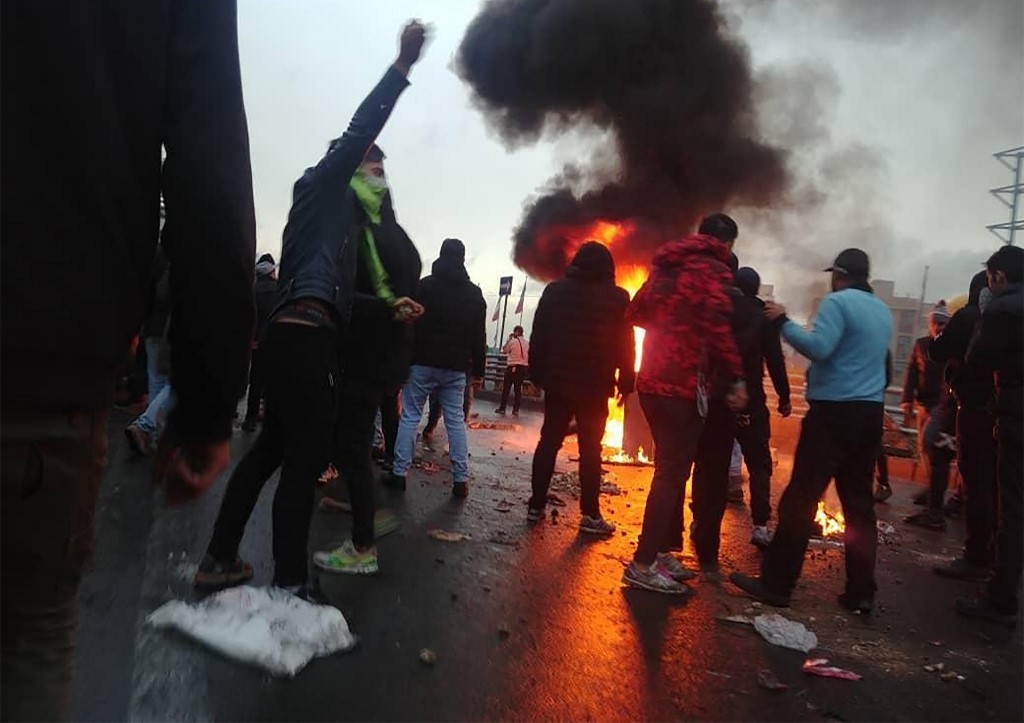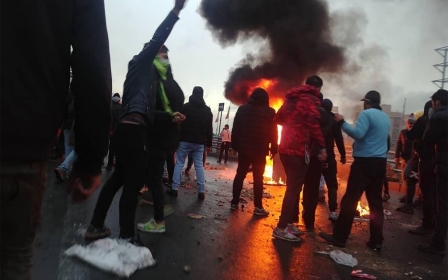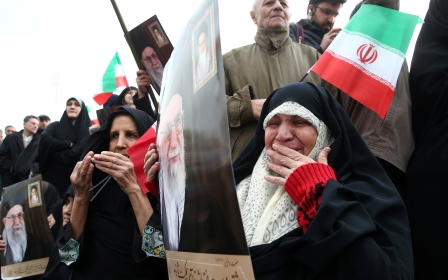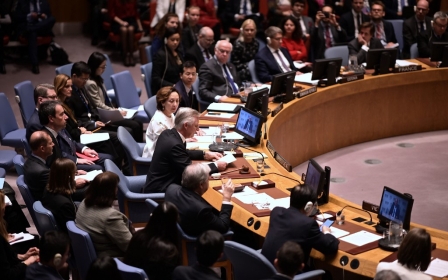Iran accused of waterboarding and electrocuting protesters: Amnesty

Iran's security forces have been accused of torturing prisoners to gain confessions and imprisoning hundreds of protesters during a sweeping crackdown last year.
Amnesty International said it had gathered dozens of testimonies from some of the at least 7,000 people it estimates were arrested, including children as young as 10.
Torture methods mentioned to Amnesty included waterboarding, beatings, electric shocks, pepper spraying genitals, sexual violence, mock executions and extracting fingers and toe nails.
Demonstrations erupted across Iran in 2019 after an increase in fuel prices saw thousands of people demanding a U-turn by the Iranian government.
Security forces violently clamped down on the protests and implemented an internet blackout to quell the demonstrations.
One man who spoke to Amnesty said when he was tortured by electricity it felt like his "entire body was being pierced with millions of needles".
Another man said he was suspended from his hands and feet from a pole, a method called the "chicken kebab" by his interrogators.
Disputed death toll
Amnesty noted that prisoners were tortured into giving confessions of their involvement in the protests, of being members of opposition groups, or of being in contact with foreign governments.
"Hundreds have since been sentenced to prison terms and flogging and several to the death penalty following grossly unfair trials which were presided over by biased judges behind closed doors," said Amnesty.
In May, Iran's interior minister said that at least 225 people had been killed during the November protests, after petrol pumps were torched and police stations were attacked.
A group of independent UN rights experts said in December that more than 400 people could have been killed in the crackdown, based on unconfirmed reports.
The United States put the death toll at more than 1,000.
Iran blamed the violence that broke out during the protests on "thugs" backed by its foes the US, Israel and Saudi Arabia.
Middle East Eye delivers independent and unrivalled coverage and analysis of the Middle East, North Africa and beyond. To learn more about republishing this content and the associated fees, please fill out this form. More about MEE can be found here.




